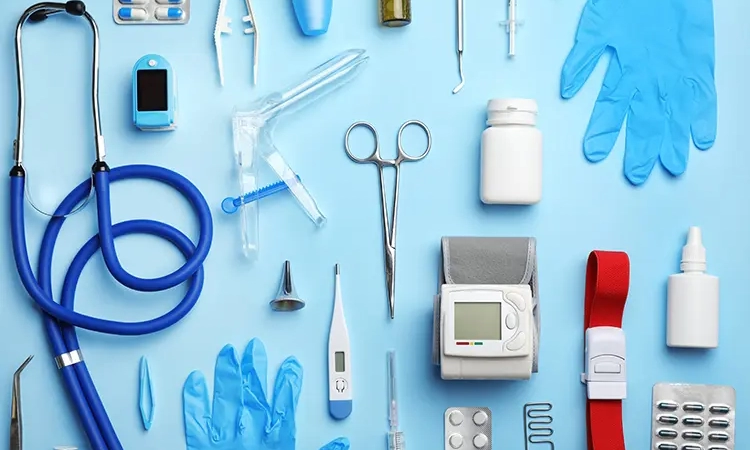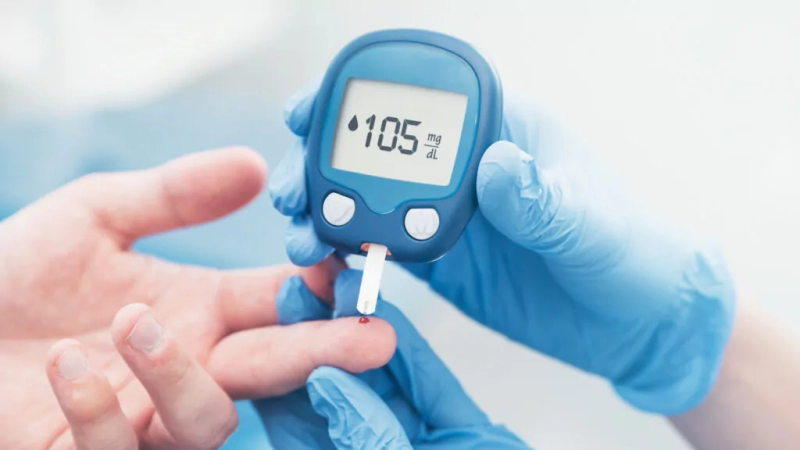The government of India is planning to set up 8 mini drug-testing laboratories across major ports and airports to monitor the standards of imported and exported drugs and reduce the overall process time on quality assessment. The progress is to improve the drug regulatory system in India and infrastructure facilities.
Currently, there are 7 drug testing laboratories in the country—in Kolkata, Mumbai, Chennai, Hyderabad, Guwahati, Chandigarh and Kasauli. The 8 mini labs are expected to come up at the major ports of Chennai and Navi Mumbai and the remaining 6 have been planned in or around the airports in Hyderabad, Bengaluru, Mumbai, Delhi, Kolkata and Ahmedabad.
The cabinet team on economic affairs approved a proposal to strengthen the country’s drug regulatory system in August 2015 at an estimated cost of Rs 1,750 crore. The responsibility for the country’s drug regulation of India rests with the Central Drugs Standard Control Organization. Headed by the Drug Controller General of India, one of the targets to expand CDSCO’s capacity by 2020 is to set up 20 mini drug testing labs at the port offices of the drug regulator.
India’s drug regulatory system for exports and manufacturing is increasing in a rapid and strong manner. A detailed procedure for registering Medical device, Cosmetics and In Vitro Diagnostic Devices (IVD) with Central Drugs Standard Control Organization (CDSCO) can be found in Morulaa blog section.
Other News
India Medical Device Pricing Strategy: Ensuring Growth & Affordability
India’s National Pharmaceutical Pricing Authority (NPPA) is developing a specialized India medical device pricing strategy for medical devices, transitioning away from the conventional drug-centric framework. This innovative strategy will incorporate international pricing tactics tailored to […]
Read MoreImports of High-Value Medical Equipment
High-Value Medical Equipment The Central Drugs Standard Control Organization (CDSCO) and the Central Board of Indirect Taxes & Customs have released a new circular, “F.No.401/40/2021-Cus.III,” detailing updated policies on the import of used high-end medical […]
Read MoreSEC Committee: Pioneering Medical Approvals
New important article released by Central Drugs Standard Control Organization (CDSCO) titled “SEC – Special Expert Committee, Medical Devices”. Key highlights include the streamlined processes for CDSCO application evaluations, preparation and significance of briefing materials, […]
Read MoreErlySign Oral Cancer Detection Technology Gets CDSCO Nod
ErlySign, a Nagpur-based biotech startup, has received approval from the Central Drugs Standard Control Organization (CDSCO) to conduct large-scale clinical trials for its novel oral cancer detection technology. The approval for ErlySign follows a rigorous […]
Read MoreAdditional Steps Announced by FDA to Modernize Clinical Trials
The U.S. Food and Drug Administration has made draft guidance available with updated recommendations for good clinical practices (GCPs), which are intended to modernize the clinical trial design and conduct while maintaining data integrity and […]
Read MoreAccreditation and Registration Numbers for Foreign Manufacturers Publication by PMDA
This article deals In accordance with the Pharmaceuticals and Medical Devices Act (PMD Act) of Japan, foreign businesses that wish to produce pharmaceuticals, quackery products, active pharmaceutical ingredients (APIs), or medical devices abroad and import […]
Read MoreBSI New Certification to Mitigate Antimicrobial Resistance Risk in Antibiotic Manufacturing
BSI, the business improvement and standards company, has developed a new certification to mitigate the risk of antimicrobial resistance (AMR) in antibiotic manufacturing. The certification, called the Minimized Risk of Antimicrobial Resistance (AMR) certification, will […]
Read MoreTUV SUD Inspects IVD Medical Devices’ Cyber Security
The growing digital connectivity of medical infrastructure is resulting in complicated systems with a plethora of diverse interfaces that are potentially vulnerable to assault. The IVD requires producers to provide proof of cyber security before […]
Read More


